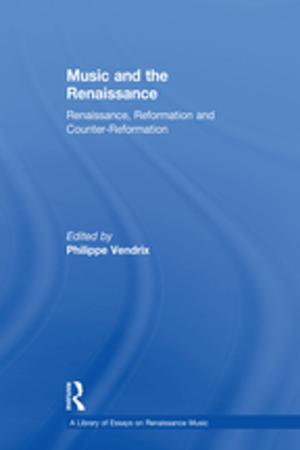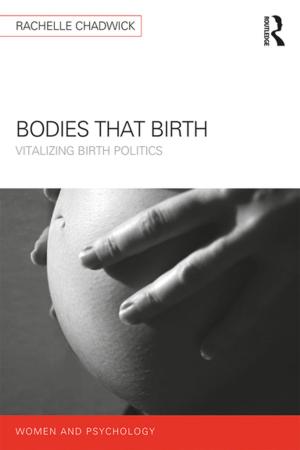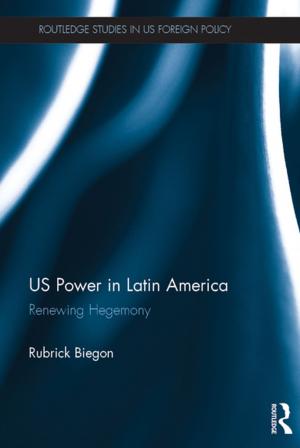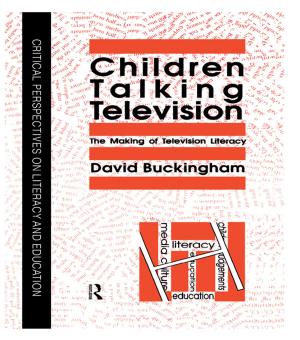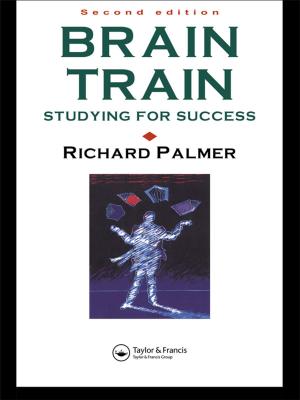Technology-Enhanced and Collaborative Learning
Affordances, approaches and challenges
Nonfiction, Reference & Language, Education & Teaching| Author: | ISBN: | 9781351981095 | |
| Publisher: | Taylor and Francis | Publication: | July 26, 2018 |
| Imprint: | Routledge | Language: | English |
| Author: | |
| ISBN: | 9781351981095 |
| Publisher: | Taylor and Francis |
| Publication: | July 26, 2018 |
| Imprint: | Routledge |
| Language: | English |
Technology-enhanced, collaborative and blended learning settings can promote more effective approaches to teaching, learning and assessment when context, agency and individual characteristics are taken into account. This book presents critical insight into the theoretical and practical progress made towards establishing effective, valid and reliable strategies for using and evaluating such approaches, and the challenges and implications of doing so.
Topics explored include technology-enhanced learning and student evaluations; student engagement and the perception of teaching quality; instructional design and assessment strategies; blended network and mobile technologies for enriching learning and for monitoring and assessment; and the motivations of students to engage with evaluation. Contributors examine issues such as the underlying variabilities in student evaluation of teaching; the implications of inherited cultural and pedagogic practices for educators using collaborative and blended learning; and the international empirical progress in research to understand and measure interactions between cognition, successful learning, and individual difference in technology-augmented settings.
Technology-enhanced, collaborative and blended learning settings can promote more effective approaches to teaching, learning and assessment when context, agency and individual characteristics are taken into account. This book presents critical insight into the theoretical and practical progress made towards establishing effective, valid and reliable strategies for using and evaluating such approaches, and the challenges and implications of doing so.
Topics explored include technology-enhanced learning and student evaluations; student engagement and the perception of teaching quality; instructional design and assessment strategies; blended network and mobile technologies for enriching learning and for monitoring and assessment; and the motivations of students to engage with evaluation. Contributors examine issues such as the underlying variabilities in student evaluation of teaching; the implications of inherited cultural and pedagogic practices for educators using collaborative and blended learning; and the international empirical progress in research to understand and measure interactions between cognition, successful learning, and individual difference in technology-augmented settings.




